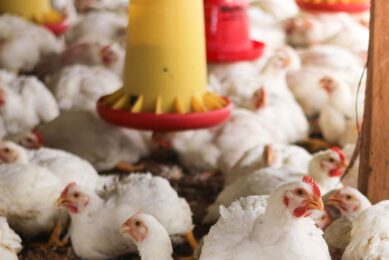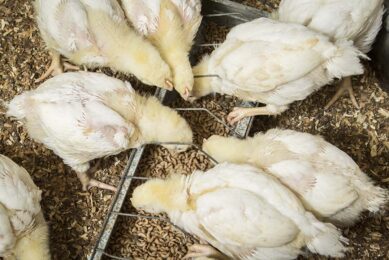‘Brazilian millennials show high food consciousness’

Brazilian millennials have a high-level of food consciousness, according to a recent Delacon survey. The study shows that 85% care “very much” about the quality and source of their food and 80% look closely at labels before they choose and are concerned about animal welfare.
The survey was conducted online within Brazil among a representative sample of 507 “millennial shoppers” from ages between 29 to 38 by Millennium Research on behalf of the company. “After the United States and Thailand, we took a look at Brazil for the first time – and we are amazed about the results.
…my body is a temple, I am very careful about what goes in it.”
The survey shows that Brazilian millennials are very food-conscious – much more than their US or Thai counterparts,” says Markus Dedl, CEO Delacon. Having performed surveys in different countries we were very interested in connecting with this generation to learn about their food beliefs because their influence and purchasing power is obvious around the globe, Dedl stated.
Survey results:
Labels
Up till 85% of Brazilian millennials care very much about the quality and source of their food. Among those, nearly two-thirds answered “my body is a temple, I am very careful about what goes in it” and half stated “I eat fresh food as much as possible and stay away from processed food”. More than half of Brazilian millennials look very closely at the label when buying chicken. Among them, 4 out of 5 look “very closely” or “somewhat closely” at the label when they buy chicken.
Almost all of the ones that look closely at labels, care very much about the quality and source of their food. They want to make considered choices that go with their food beliefs. If it fits in with their beliefs, 4 out of 10 would “gladly pay more for food”.
Welfare & sustainable practices
Additionally, animal welfare and sustainable practices are most important. When selecting a specific brand of eggs, meat or poultry, 80% of millennials value “good animal welfare practices”, “raised in a sustainable way”, “raised in ways that reduce environmental impact”, “raised with no antibiotics ever”.
 Interview: ABPA CEO optimistic about Brazilian poultry
Interview: ABPA CEO optimistic about Brazilian poultry
Poultry World met up with him in his Sao Paulo office to discuss the current situation in the Brazilian poultry industry.
Valid data
Roberto Montanhini Neto, Regional Technical Manager Latin America at Delacon, highlights that the data shows the direction for future feed and food production in Brazil. “I am delighted that we are supported by valid data that shows what millennials think about how their food is produced, what they really care about and what their beliefs are. We were aware that we have a high-level food consciousness in Brazil, but it was surprising how high these numbers actually are.”
Phytogenics
Due to this, Markus Dedl argues that the positive image of phytogenics as natural ingredients for sustainable animal production of poultry, pigs and others resonates very well with them. “Animal protein producers who rely on phytogenics can use it as differentiating argument in their communications to the consumer. Not only do these ingredients offer proven safety to animals and people, but they also naturally promote animal wellness and environmental sustainability.”
Join 31,000+ subscribers
Subscribe to our newsletter to stay updated about all the need-to-know content in the poultry sector, three times a week. Beheer
Beheer








 WP Admin
WP Admin  Bewerk bericht
Bewerk bericht